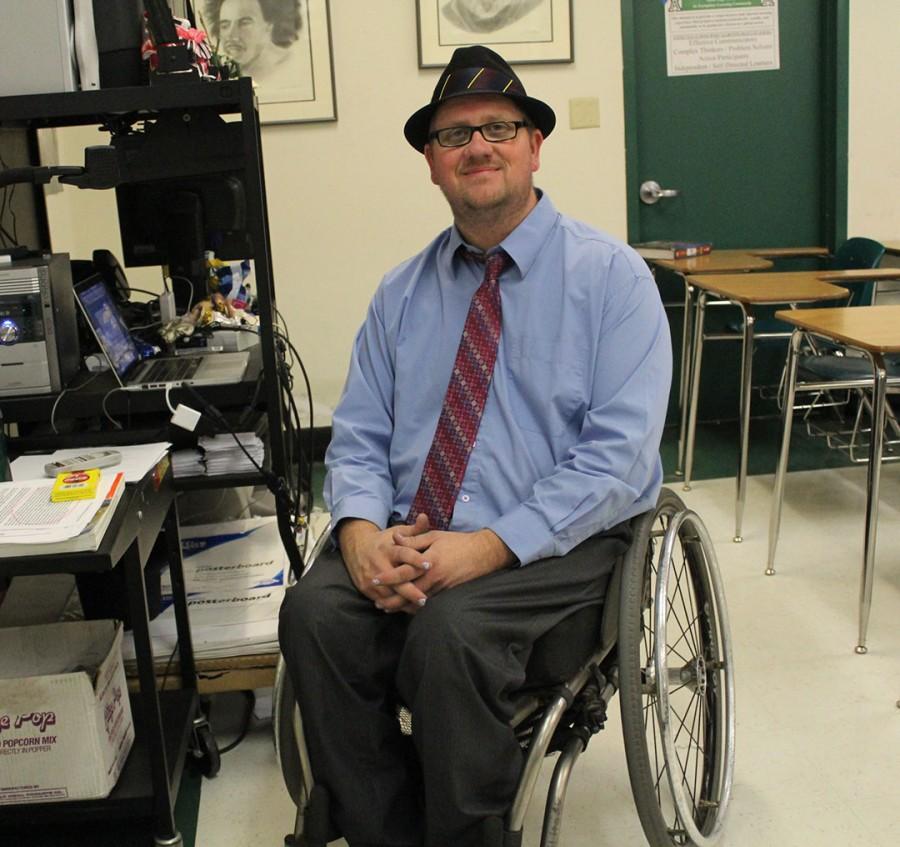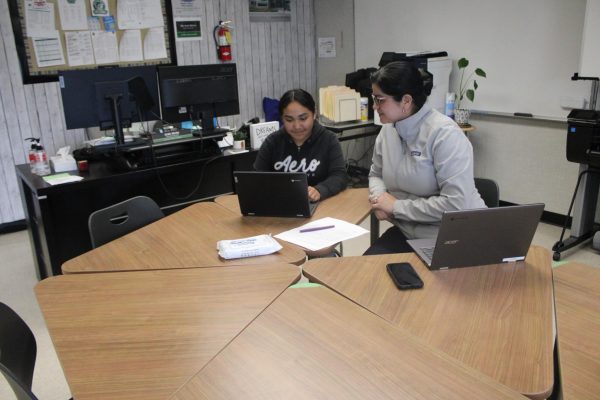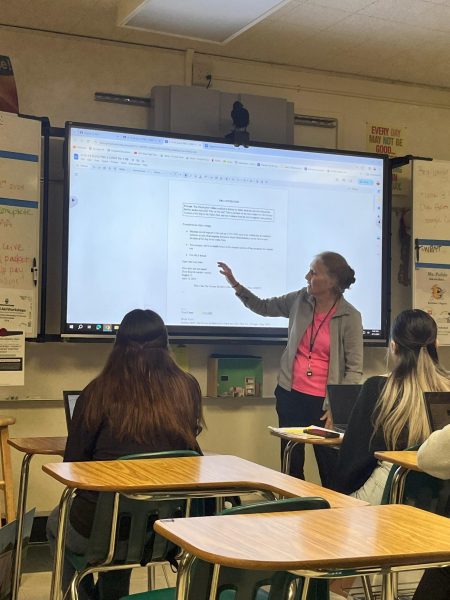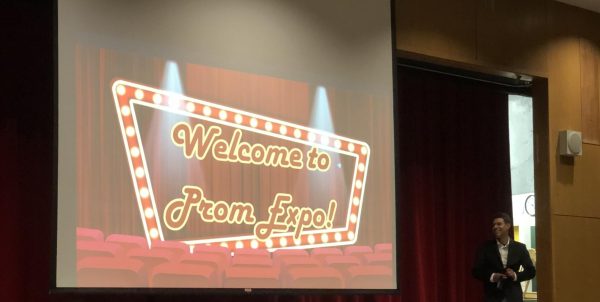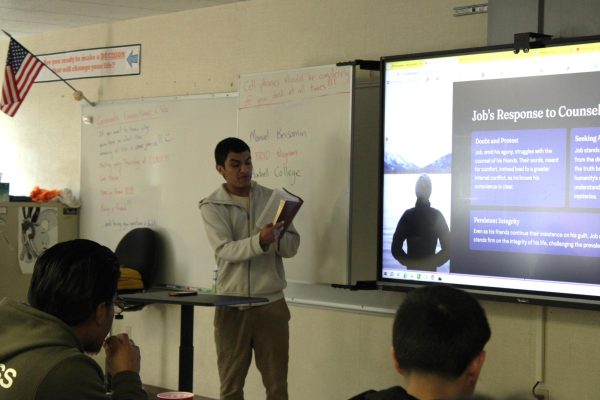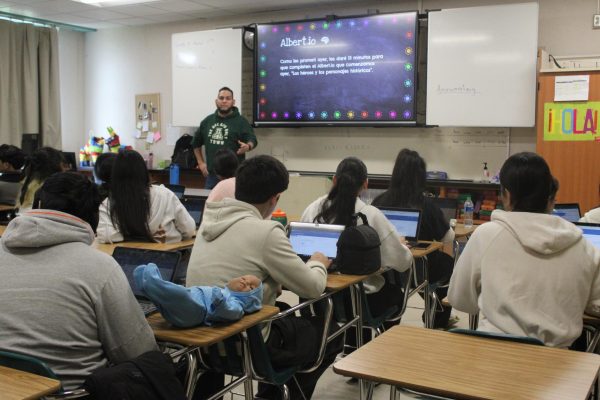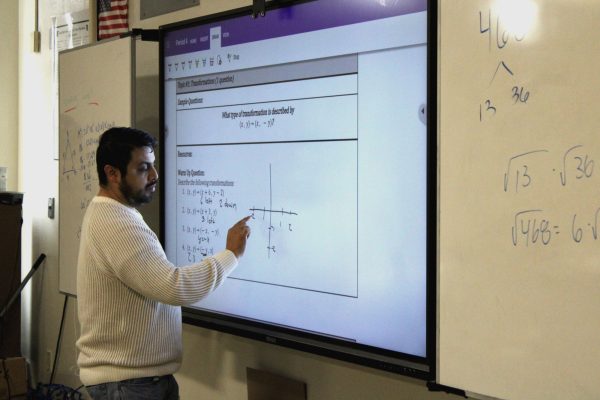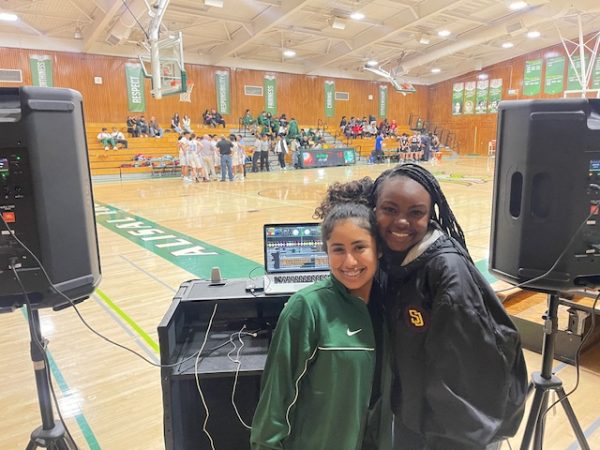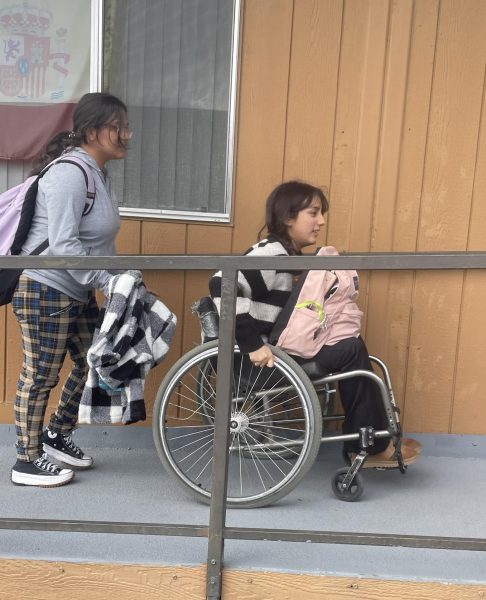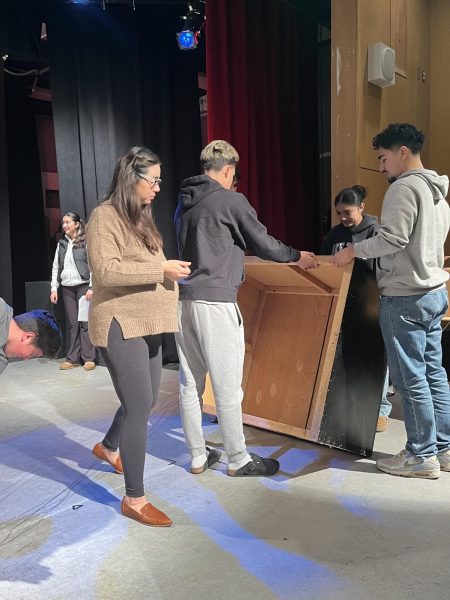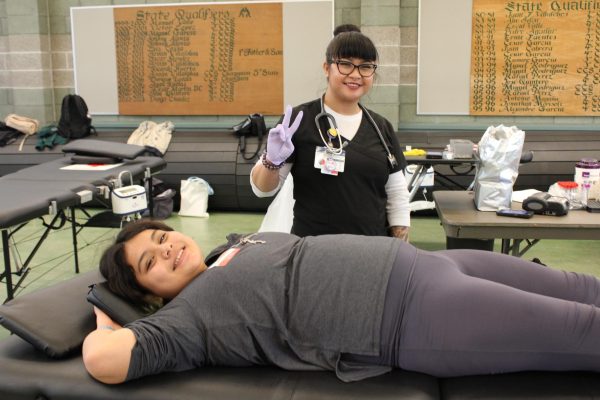The Wheelchair Project
Have you ever wondered what it would be like without the use of your legs? A lot of people whine about walking, running, swimming, exercising, opening the door, taking a shower, driving, or going to the bathroom, but AP US History teacher Brad Ashby knows how it feels every day to not have the use of his legs and he wants others to experience it firsthand.
Ashby wasn’t always in a wheelchair, he was very active. “Before my misadventure, I used to rock climb, ski, and kayak.” On one of his rock climbing trips he had a tragic accident and ended up paralyzing from him legs. This put him in a wheelchair at 18. Although he was left handicapped, that didn’t prevent him from getting married, having children, playing with his kids, commanding the classroom, and driving.
Ashby, who has been teaching at Alisal for 13 years, started the wheelchair project during his second year. “I wanted the students to learn about other people’s struggles and how fortunate they are,” he said. The students must spend a day in the wheelchair without using their legs at all unless they need to use the restroom. Every student is required to do it, but he allows a few students to opt out if they are pregnant, a too heavy, or have parental issues.
After the day is over, the students have to write a reflective essay and talk about their thoughts and how it felt. “I want my students to know about some struggles like how the most of the little task are harder than they seem.” According to Ashby, almost 98% of his students enjoy the experience. They say things like, “I didn’t know how it felt until now,” “I felt I was looked different and judged” and “I learned not to take my legs for granted because one day it can just disappear.” Ashby feel happy when ever he hears positive feed back from his students.
Although he went through the experience last year, senior Mauricio Alonzo remembers it well. “I felt uncomfortable and my leg went numb.” Some difficulties he faced were steering, going through hallways, and participating in PE. ”During P.E. I had to play volleyball and while trying to get the ball I fell backwards,” Alonzo said. Throughout the day, he realized that some people noticed him and would move so he could get by and some people opened the door for him. “The school needs more facilities for people with some disabilities, like making the ground near entrances and exits of the campus more even.” “I had a piece of what Ashby’s life is like and had a sense of humility,” he said.
Junior Daniel Estrada had a slightly different experience. He said, “I didn’t like it because I needed help from others.” Three disadvantages he faced was opening the doors, going up and down the ramps, and getting to his classes through the halls. “The students didn’t let me get past them and I caused traffic along the way. The whole day was just horrible. At the end of the day my legs were cold and weak that they became numb.” He wouldn’t recommend this to anyone. ” “Being in a wheelchair is hard.
Another junior, Jasmin Garcia also struggled with her wheelchair experience. “I felt uncomfortable and my arms got tired and numb.” She said that when she was in a wheelchair, students would avoid her. While many teachers let the students in wheelchairs leave class early to avoid the crowds, Garcia didn’t get that opportunity. She however did get some help up and down the ramps from strangers and friends. She said, “I couldn’t do much, not even go to the restroom, but it taught me to not judge people by their disabilities and it helped me understand them. At the end when I stood up my legs were shaky and I couldn’t feel them for a couple of minutes.” Once her day was over she felt proud and accomplished for accomplishing the wheelchair experience.
At the end of the day, the point of the exercise is to show his students how it feels to be in his shoes. “I want my students to learn the struggles and to be aware of people with disabilities. It doesn’t matter what their skin color or disabilities are because all groups have different struggles they face everyday,” said Ashby.
Your donation will support the student journalists of Alisal High School. Your contribution will allow us to purchase equipment and cover our annual website hosting costs.



